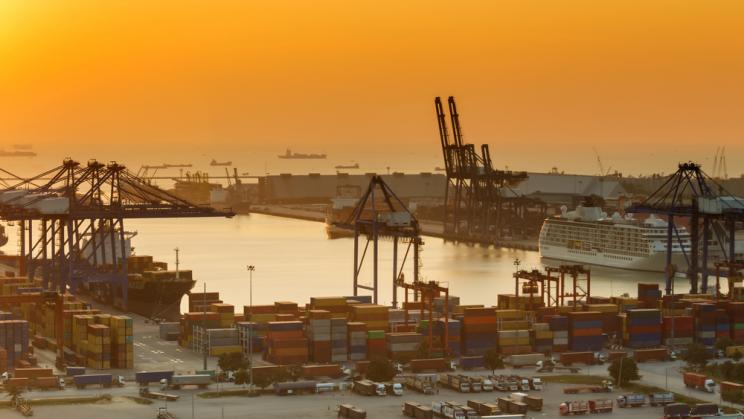
SIPRI, Signalistgatan 9, Solna
The Belt and Road Initiative (BRI) is the result of a convergence of multiple Chinese domestic drivers and external developments. It holds significant potential to contribute to greater connectivity and stability among participating states and boost local economies. Largescale BRI projects will inevitably become part of local and cross-border security dynamics. Yet, there is need to include a wider spectrum of local stakeholders and for greater coordination between international and Chinese stakeholders. These measures will help to address concerns, avoid backlashes and ensure smoother implementation.
Driven by its increased stake in the success of the BRI, China is taking a more active role in security cooperation. Its actions display the evolving nature of China’s non-interference policy. To date, however, Chinese engagement within the BRI has not shown a consistent means to address the complex security issues along the Belt and Road. A brief presentation will give examples from three Belt and Road countries: Belarus, Myanmar and Uzbekistan.
Read the SIPRI Insights paper, Security and economy on the Belt and Road: Three country case studies. The project was carried out in collaboration with the International Council of Swedish Industry (Näringslivets Internationella Råd, NIR).
Panellists:
Henrik Hallgren, Programme Manager Asia and Europe, International Council of Swedish Industry (NIR)
Richard Ghiasy, Researcher and Project Manager in the SIPRI China and Global Security Programme
Moderator
Dr Lora Saalman, Director of the SIPRI China and Global Security Programme
Please confirm your participation by Tuesday, 12 December to Ms Alexandra Manolache, Communications Officer, Tel: 0766 286 133, Email: alexandra.manolache@sipri.org.